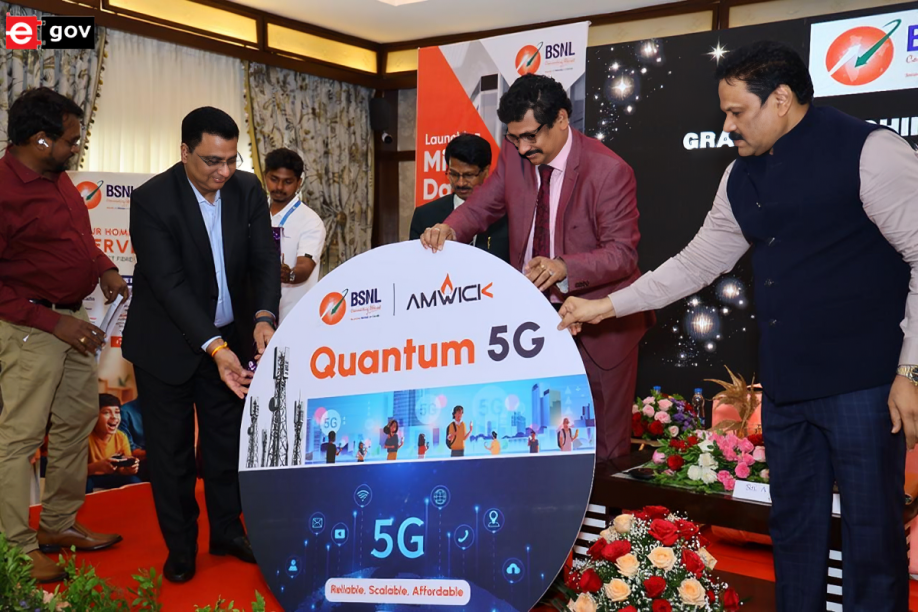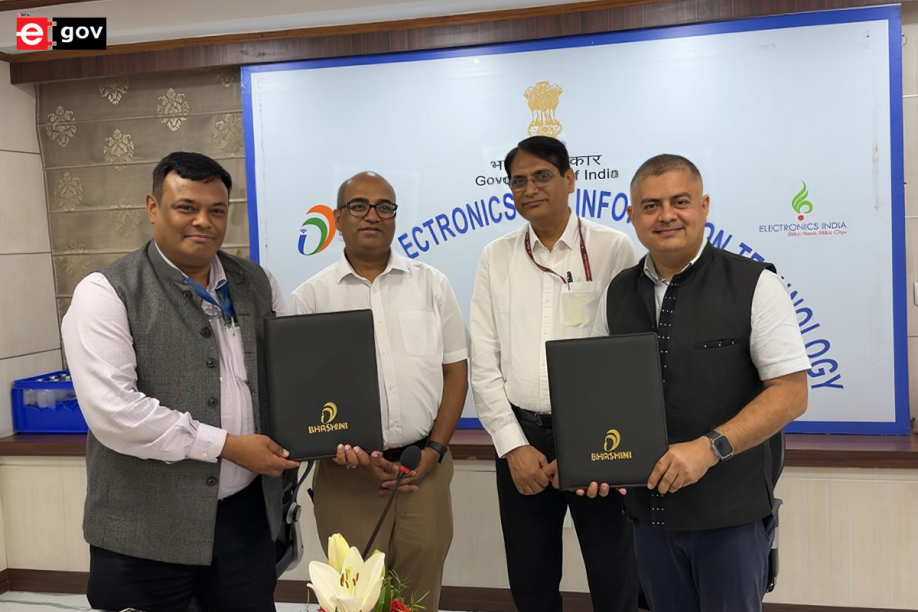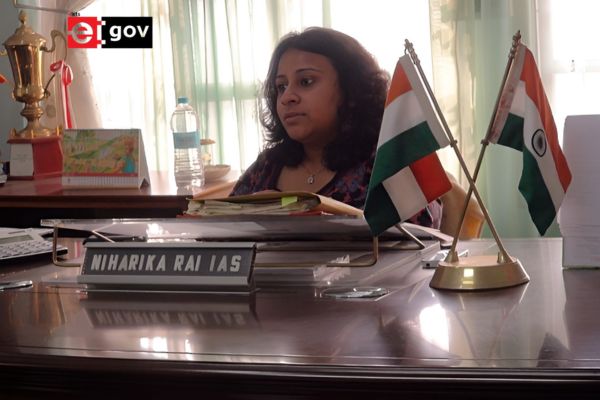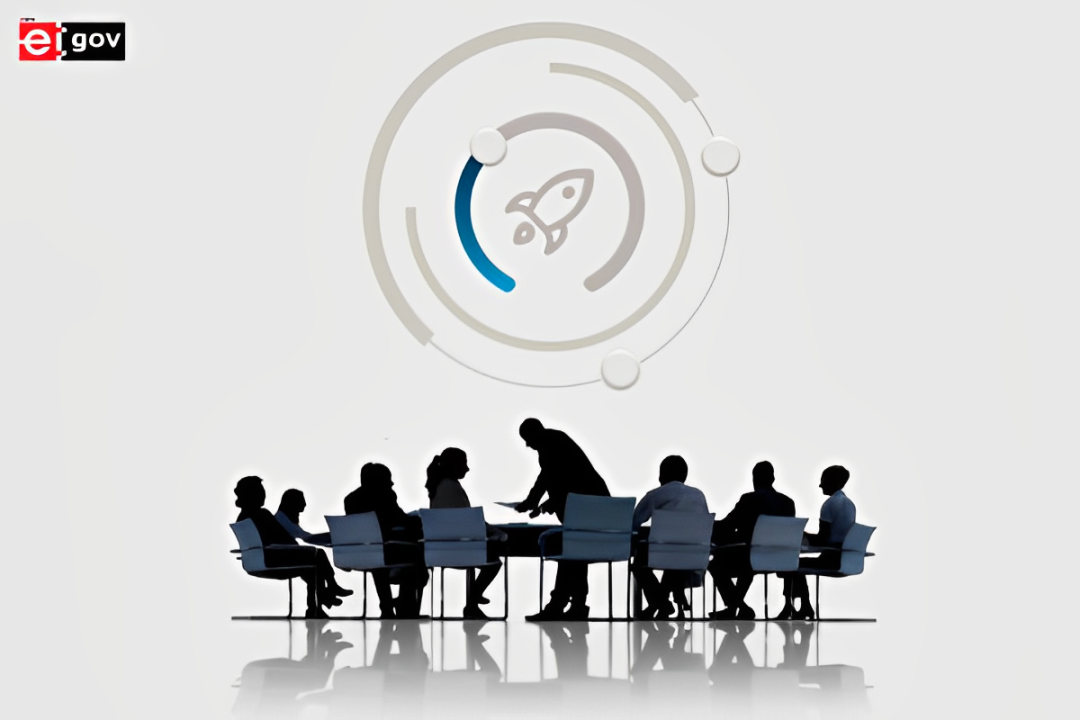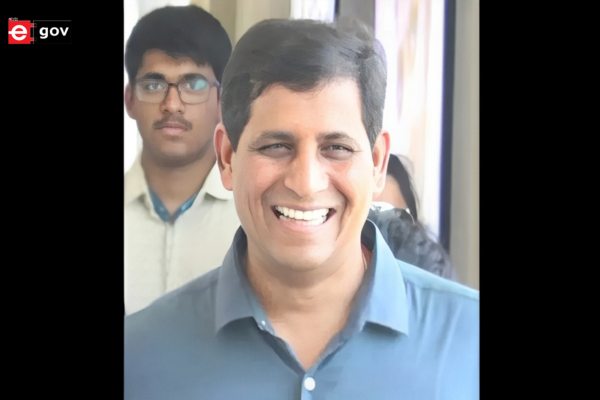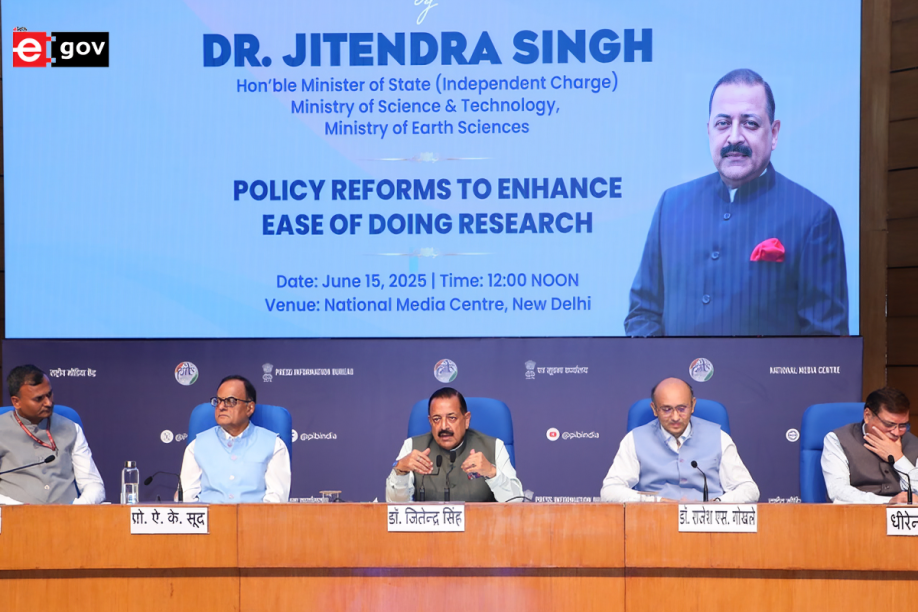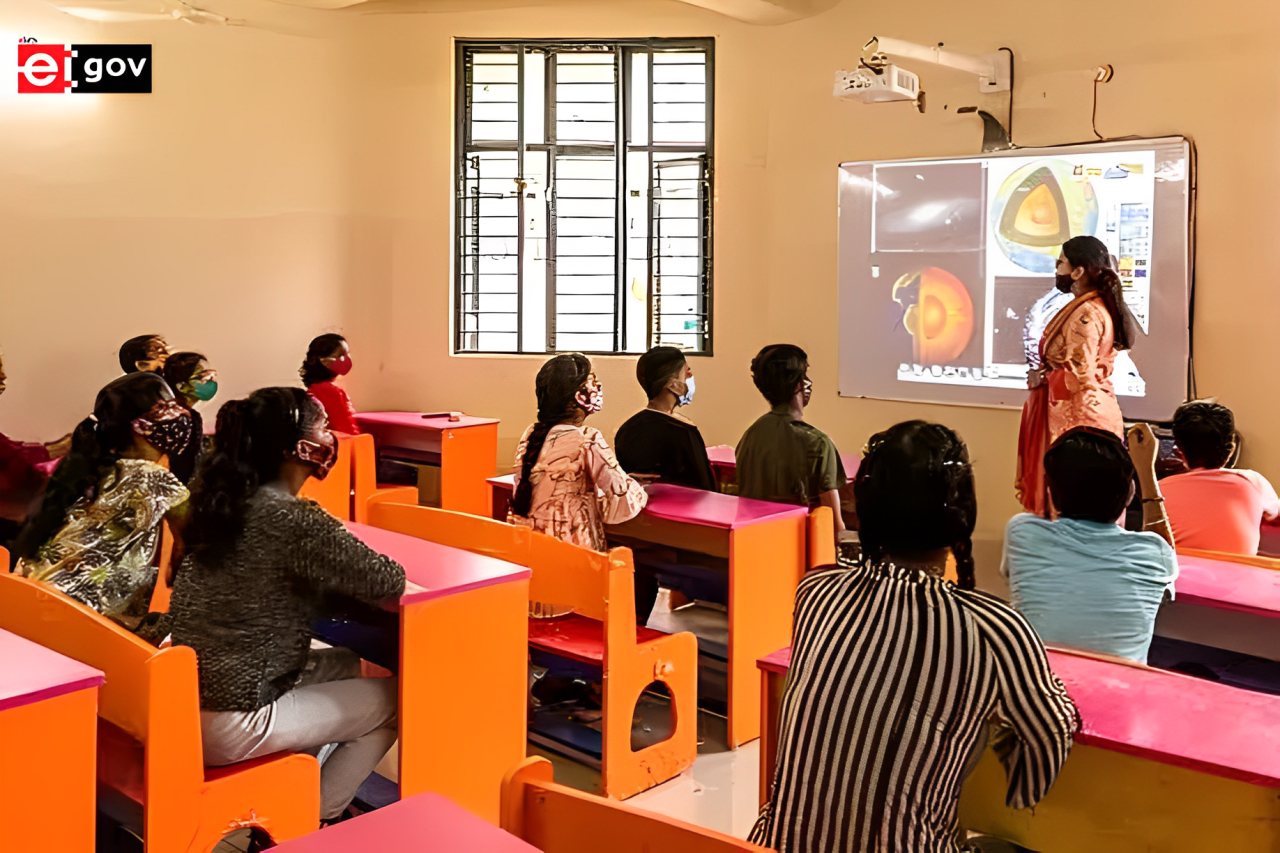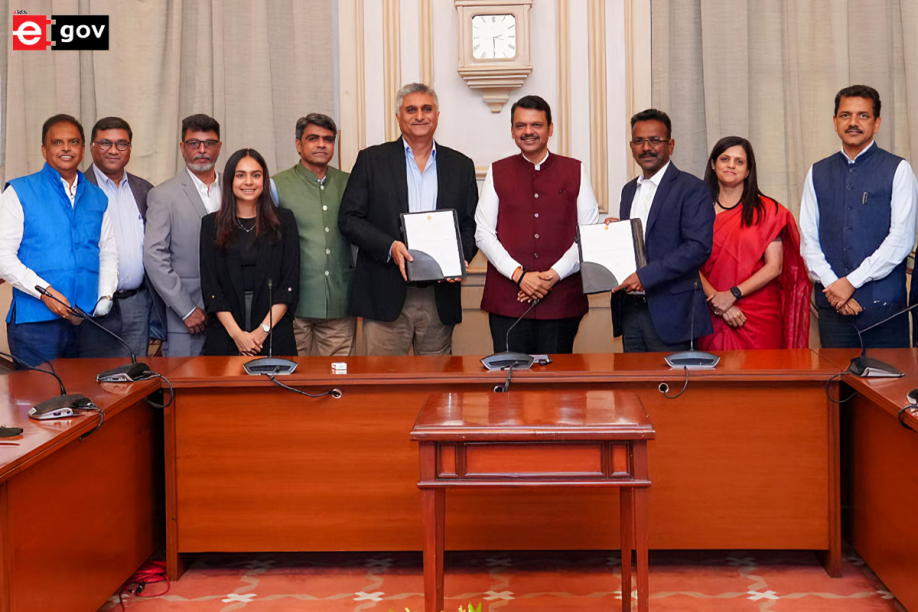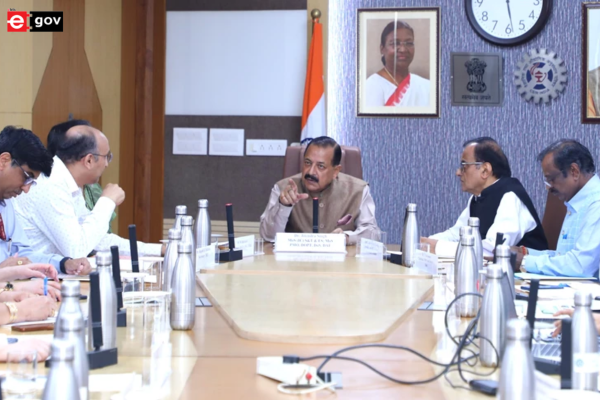
In a major step towards sustainable aviation and self-reliance in aerospace technology, India has formally commenced the development of Electric Hansa (E-Hansa), a next-generation, two-seater electric trainer aircraft. The announcement was made by Union Minister of State (Independent Charge) for Science and Technology, Dr. Jitendra Singh, during a high-level review meeting held in Delhi on May 27, 2025.
The E-Hansa project is being undertaken by the Council of Scientific and Industrial Research – National Aerospace Laboratories (CSIR-NAL), Bengaluru. The aircraft, part of the broader HANSA-3 (NG) program, is indigenously designed to cater to the growing need for affordable and eco-friendly pilot training platforms in India. According to Dr. Singh, the aircraft is expected to cost around ₹2 crore—nearly half the price of comparable imported trainer aircraft, making it a cost-effective alternative for flying clubs and aviation academies nationwide.

Dr. Singh highlighted that the E-Hansa development is not only a technological achievement but also a crucial stride in India’s green aviation goals, aiming to replace conventional fuel-based systems with clean energy solutions. The aircraft will play a significant role in promoting environmentally sustainable aviation practices in line with global climate commitments.

The review meeting, attended by all major secretaries and heads of scientific institutions, emphasised performance assessment, the status of previously set goals, and roadmaps for implementing strategic reforms. Dr. Singh underscored the urgent need to commercialise indigenous technologies and foster strong public-private partnerships (PPP). He directed the National Research Development Corporation (NRDC) to adopt successful models like BIRAC and IN-SPACe for effective technology transfer and private sector engagement.

“Private players should not only be knowledge partners but also financial stakeholders,” said Dr. Singh, advocating for a hub-and-spoke PPP model underpinned by AI-based IP exchange platforms and regional technology transfer offices (NTTOs). This is envisioned to enhance sectoral integration and regional outreach.

Lauding the Indian Space Research Organisation (ISRO) for the success of the SPADEX docking mission and its significant role in Operation Sindoor, the Minister noted the organisation’s collaborations with 40 Union Ministries and 28 States. He also revealed that Group Captain Subhash Shukla’s upcoming visit to the International Space Station (ISS) will feature seven microgravity experiments, further elevating India’s global space research profile.
Dr. Singh proposed organising region-wise Chintan Shivirs as part of the “Whole of Science, Whole of Government” approach. These will integrate efforts across departments such as DST, DBT, CSIR, ISRO, and Earth Sciences, to drive comprehensive innovation planning.
The meeting concluded with a call to establish bilateral scientific collaboration centres with interested nations, and a recommitment to nurturing young scientific minds through resumed access to CSIR labs, paused temporarily for security reasons.
Also read: UK Unveils $4 Billion Skills Push to Cut Foreign Worker Dependence, Boost Local Talent
The strategic initiatives discussed are integral to the realisation of Prime Minister Narendra Modi’s “Viksit Bharat” vision and reflect a robust push towards Atmanirbhar Bharat in science and technology.
Be a part of Elets Collaborative Initiatives. Join Us for Upcoming Events and explore business opportunities. Like us on Facebook , connect with us on LinkedIn and follow us on Twitter, Instagram.
"Exciting news! Elets technomedia is now on WhatsApp Channels Subscribe today by clicking the link and stay updated with the latest insights!" Click here!




